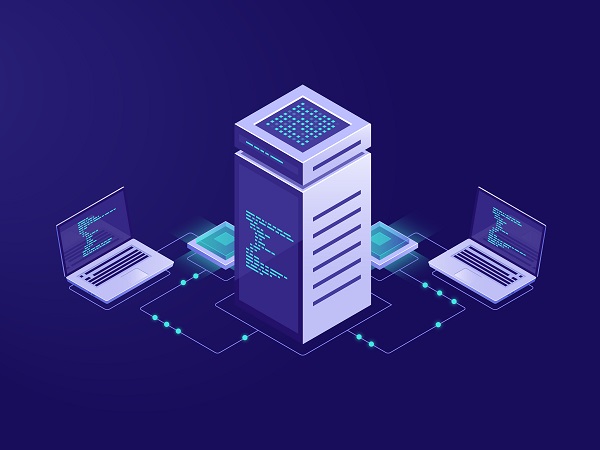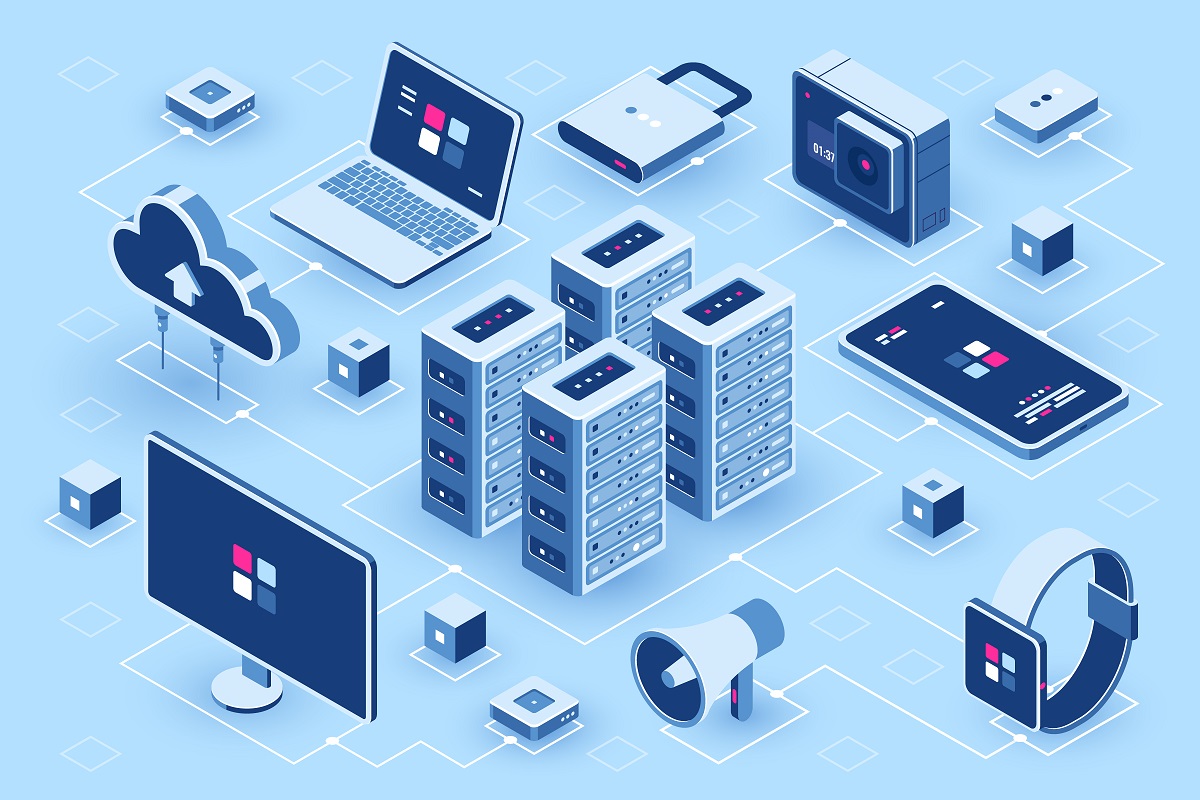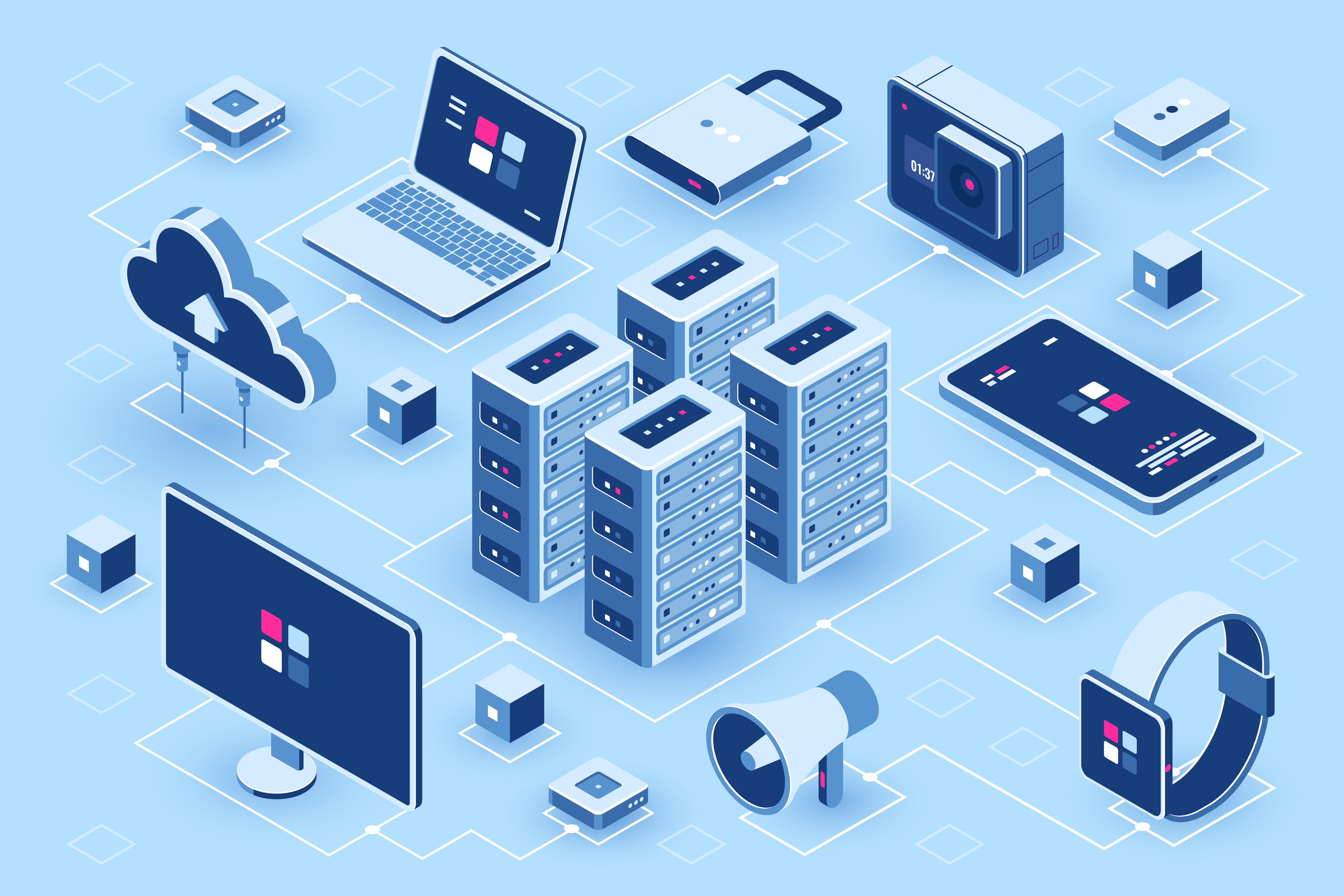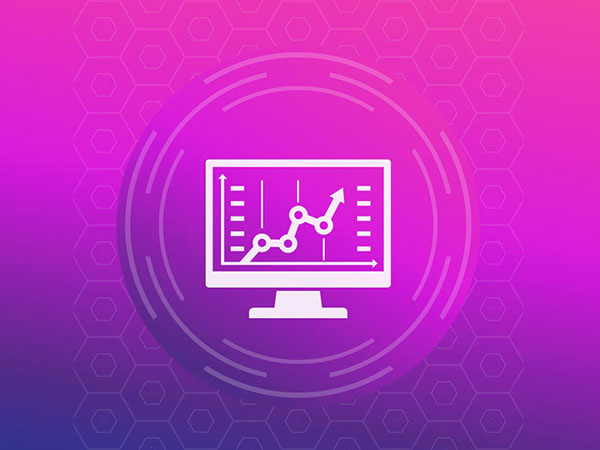Big data is a term that describes large volumes of data sets. Advanced analytic techniques are used to make sense of big data, translating it from a complex database of information to simple reports and visual dashboards. One of the biggest misconceptions about big data is that it can only be leveraged for big businesses.
While it’s true that big data applications make sense for large corporations, the same tools and techniques that govern it can also be used for small and medium sized businesses (SMBs), too. In fact, many industries have evolved in a way that accommodates companies of all sizes.
For instance, software development used to rely on complex hardware solutions, while today, cloud-based platforms, container registry, agile tools make it possible to build unique digital products from anywhere. Data means knowledge and opportunity. Here’s how your small business can use these tools to your advantage:
Marketing Automation Tools
Customer engagement automation tools collect user-based data to help you make smart decisions for your business, regardless of the size. For example, using the Kissmetrics tool for ecommerce, you can reduce cart abandonment rates and glean insight into the behaviors of your social media visitors.
Other marketing automation tools, like Marketo, go beyond the basic marketing features to offer in-depth, holistic overviews of your campaigns. For instance, you could use the Success Path Analyzer feature to track the relationship between your changes in revenue and marketing strategies. This way, you can learn how each of your marketing programs impacts your bottom line.
Google Analytics
Your website is one of the biggest assets you have, and there’s plenty of data you can pull from your website metrics with tools like Google Analytics. With this tool, you can extract data that helps you make data-driven decisions about your digital presence. For example, you’ll be able to see where your traffic comes from. You might discover that the bulk of your traffic comes from social media, or that there’s a specific lifestyle website that links to your services or products often.
From here, you could prioritize creating social media campaigns or building stronger relationships with those referral sources. You could also learn how long visitors stay on your website, what geographic areas they access your site from, what type of device they use to reach your URL, and much more.
CRM Software
Customer relationship management software offers a wealth of sales intelligence data. There are many CRM software tools to choose from, and some platforms may be dedicated to your business industry specifically. These platforms allow you to collect important data that grows even more powerful over time. You can use it to personalize shopping experiences, identify top customers, and discover upselling opportunities. You’ll also gain valuable insight into your sales cycle.
For example, you could take a look at the deals you closed during a particular month and learn more about how those deals correlate with another. How long does it take to close deals? What are the steps that are involved? Can you identify any bottlenecks? Over time, you’ll see how that data relates year-over-year. Perhaps your sales historically pick up in May and slow down in January. You can use this information to create new strategies and solutions moving forward.
Work Out Kinks in the Supply Chain
Just one decade ago, small businesses struggled to compete with larger businesses in terms of data. Big businesses had the money and resources necessary to make revenue-generating adjustments to their business, but small enterprises struggled to access and then use that data in practical ways.
One way they can use it is by working out the kinks and monitoring supply chain. For instance, you can use third party tools to pull reports on your suppliers and learn more about how they conduct business; after all, your suppliers will ultimately impact how successful you are.
One mistake from a supplier can easily trickle down to a series of setbacks for you. If you work with multiple suppliers, you can also use software like Oracle to pull reports on those suppliers and see how each processes orders and handles fulfills requirements. This way, you’ll be able to make decisions about your suppliers and understand how those vendors influence your overall success.















